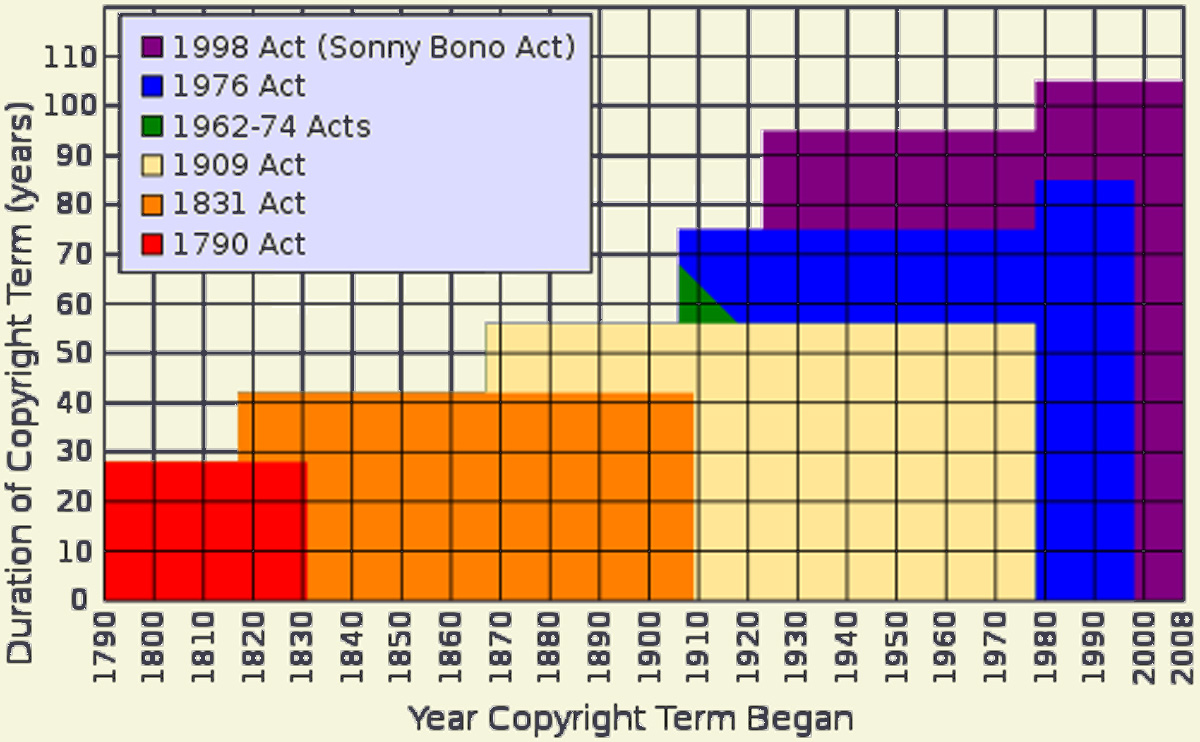Ideas to Advance Democracy: Three suggestions to greatly advance the ideals of democracy:
- Random selection of law makers, at least un-over-ridable veto power of all laws (from any of the three branches, added 6 Aug 2016) Anyone over 30, felons included, even in prison (more practically from voter registration lists, added 6 Aug 2016). “incapacitated” also. But of course defining the “pool” is a legislator’s delight – so ….. NO definitions except age (not 18. Give the “pool” at least a little experience on their own, I would actually prefer 50 and above, added 6 Aug 2016).
- Public release of ALL information generated by or for the public (i.e. all government records freely published on-line (local server control, paid for by tax dollars, added 6 Aug 2016) chronological by subject and author’s name, no cheating, no “secret”, no “classified. The powers that be say in response,
"No! The people, especially some bad people will misuse it so we NEED to keep it secret, and the people safe”. A main function of government is (should be) free dissemination of all information, with time of copyrights way reduced. (drastically cut back to the original few years or so, rather than the current push to “in perpetuity) (see graphic)
- All taxes are sales taxes – one fixed percentage for ALL transactions, even stock and real estate exchanges, at the seller’s price. (charged to the seller) EVERY transaction that involves money valuation or its equivalent in barter. Liberals should love this one, the rich pay on the value of their “trades”, not just their “profits”.
All 3, any one of which would greatly reduce the power of money in politics, which is probably why they will never be adopted, at least not by those with the power (money). Perhaps they will adopt it as a slogan ---
Sigh ...... !”
- Perhaps another (not followed-up later): All crimes are to be tried before a panel of 3 randomly selected “citizens”, no excuses if physically fit to be present and alert, including bed-ridden patients, all transport and special needs paid for by the state. This panel decides guilt and its punishment. Guilt and punishment must be unanimous. Advocacy permitted. Appeal limited to once only, of course to another randomly selected panel, no rules except set by the panel. Procedural appeal to review whether the “jury” (3 person panel) had access to unbiased information upon which to base its decisions is also limited to one appeal, of course to another randomly chosen 3 person panel. No rules, advocacy permitted. Only “guilty” and “too harsh” can be appealed. If the appeals panel finds the previous panel erred, case dismissed, or lessor punishment enforced.
“Power to the People!”
(Note, if courts “plug up” and people are called to duty so often as to affect “business”. Some might say it is “plugged-up” or too high cost, then maybe the people would “back off” the “little stuff” so they can deal with the “big enough” stuff.)
|

image from Wikipedia: Copyright Law of the United States
|
 Index
Index 
